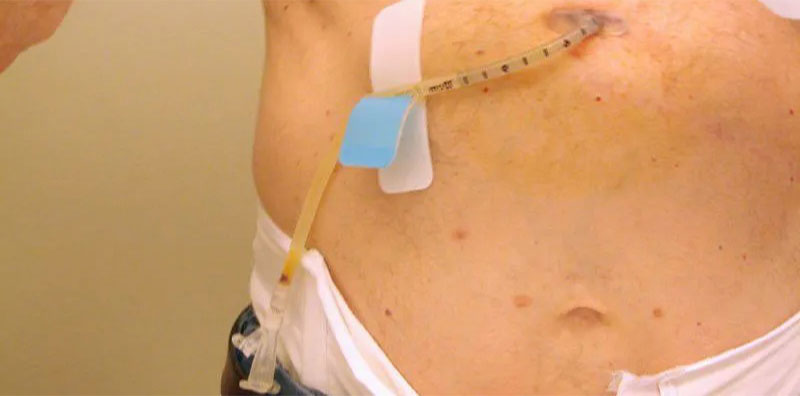Our Training
Mandatory Training
Mandatory training is compulsory training that is determined essential for the safe and efficient delivery of services.
This type of training is designed to reduce organisational risks and comply with local or national policies and government guidelines. We have aligned our mandatory training to the Core Skills Training Framework (CSTF). This means our training is aligned to a recognised standard and that we can recognise training that staff receive in other organisations in compliance with the Statutory and Mandatory requirements. This helps to prevent unnecessary duplication of training as staff move between roles and organisations.

Our Mandatory Training includes:
- Manual Handling and Moving
- Basic Life support
- PVMA (for mental health and learning disabilities)
- Customer Relations Training
- End of Life Awareness
- Equality: Diversity and Inclusion
- Fire Safety
- O.S.H.H & R.I.D.D.O.R
- Person centered care and consent
Complex Training
PEG Feed and Management
This type of training is designed to reduce organisational risks and comply with local or national policies and government guidelines. We have aligned our mandatory training to the Core Skills Training Framework (CSTF). This means our training is aligned to a recognised standard and that we can recognise training that staff receive in other organisations in compliance with the Statutory and Mandatory requirements. This helps to prevent unnecessary duplication of training as staff move between roles and organisations.

Tracheostry Care
Tracheostomy care refers to the maintenance and care required for a tube placed within the trachea. Importantly, proper care is essential to prevent infection, promote healing, and ensure the airway is safe by remaining patent and functional. Making this a vital course for any staff or relative involved in supporting anyone with a tracheostomy.
BLS & Manual Handling
Aimed at nurses, carers, support workers and other healthcare staff. This is an excellent opportunity to update your basic life support and moving and handling (of people) knowledge and skills.
Basic Life Support
-
Understand basic life support requirements in adults and paediatrics.
-
Understand the principles that underpin basic life support in adults and paediatrics.
-
Know the circumstances under which resuscitation is performed.
-
Know the importance of early intervention.
-
Be aware of the different types of cardiopulmonary arrest.
-
Be aware of how to manage a choking patient in line with current national guidelines.
-
Be aware of the steps to take in order to place a patient in the recovery position.
-
Know the role of an automated external defibrillation
-
Know how to operate of an automated external defibrillator (AED) safely
Moving and handling of people
- Understand the principles of safe moving and handling.
- Knowledge of legislation surrounding moving and handling.
- Review postural analysis tools to assist with risk assessment.
- Understand the link between moving and handling, infection control and tissue viability.
- Demonstrate a proficient skills level of a key selection of moving and handling techniques relating to your own work setting including: the safe use of mechanical patient hoists and related sling application; the safe use of slide sheets and the sit to stand transfer (trainer only for webinars)
